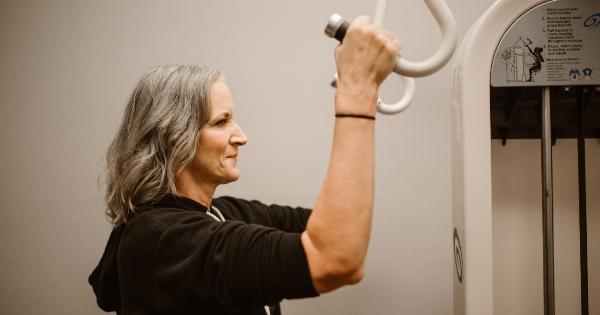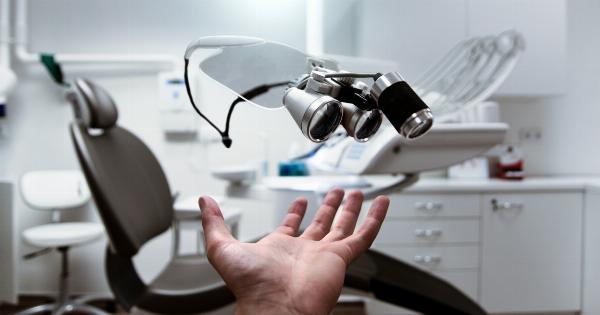Visiting the dentist can be a stressful experience for many children. Dental anxiety is a common issue that affects both kids and their parents alike.
However, it is important to address this anxiety and make dental visits as comfortable as possible for your child. In this article, we will discuss some effective strategies for coping with kid’s dental anxiety.
1. Start with a Positive Attitude
One of the key factors in helping your child cope with dental anxiety is maintaining a positive attitude. Children often mirror their parents’ emotions, so if you appear anxious or fearful, your child is likely to pick up on those feelings.
Instead, project a calm and positive attitude towards dental visits. Emphasize the importance of oral health and highlight the benefits of regular check-ups.
2. Choose a Pediatric Dentist
When selecting a dentist for your child, opt for a pediatric dentist who specializes in treating children. These dentists have additional training in child psychology and behavior management, which can greatly help in reducing dental anxiety.
They are also more skilled at creating a kid-friendly environment, providing distractions, and using gentle techniques to make the experience less intimidating for your child.
3. Start Early and Gradually
Introduce your child to dental visits at an early age. The American Academy of Pediatric Dentistry recommends that children should have their first dental visit by their first birthday or within six months after the eruption of their first tooth.
Starting early helps familiarize your child with the dental setting and establishes a routine. Gradually increase the complexity of the dental procedures as your child grows older, allowing them to become more comfortable over time.
4. Use Positive Reinforcement
Positive reinforcement can be a powerful tool in easing dental anxiety. Praise your child for their bravery before, during, and after dental visits.
Offer small rewards or incentives, such as stickers or a special treat, to motivate your child and make the experience more enjoyable. It is important to focus on their effort and show appreciation for their cooperation.
5. Communicate and Educate
Communication is key when it comes to addressing dental anxiety. Take the time to explain the dental procedures and terminology to your child in a simple and age-appropriate manner.
Use positive, non-threatening language to avoid creating unnecessary fear. Answer any questions your child may have and address their concerns. Help them understand that the dentist’s job is to keep their teeth healthy and pain-free.
6. Use Visual Aids
Visual aids can be incredibly helpful in reducing anxiety. Use books, videos, or online resources specifically designed for children to illustrate what happens during a dental visit.
This can demystify the experience and help your child feel more prepared and informed. Additionally, some dental offices have child-friendly posters or models that explain the different dental tools and procedures.
7. Practice Deep Breathing and Relaxation Techniques
Deep breathing and relaxation techniques can work wonders in calming anxiety. Teach your child simple deep breathing exercises that they can practice before and during dental visits. Encourage them to visualize themselves in a calm, peaceful place.
Distraction techniques like counting or focusing on a favorite object can also help divert their attention from any discomfort.
8. Schedule a Pre-Visit
If your child is particularly anxious about their dental visit, consider scheduling a pre-visit. During this visit, your child can meet the dentist, dental hygienist, and the rest of the dental team in a relaxed setting.
They can explore the dental office, ask questions, and become familiar with the equipment. This can help alleviate fears and allow your child to build trust with the dental professionals.
9. Sedation Dentistry
In some cases, dental anxiety may be severe, and traditional coping techniques may not be sufficient. Sedation dentistry can be an option to consider. It involves the use of medication to help your child relax during dental procedures.
There are different levels of sedation, ranging from mild relaxation to deeper sedation or general anesthesia. This should be discussed with your pediatric dentist to determine if it is necessary and appropriate for your child.
10. Lead by Example
Children often look up to their parents and model their behavior after them. If you have dental anxiety yourself, take steps to address it. Lead by example and show your child that dental visits are important, routine, and nothing to fear.
Consider scheduling your dental appointments together as a family to normalize the experience. Your own positive attitude and calm demeanor can go a long way in helping your child cope with their own dental anxiety.





















